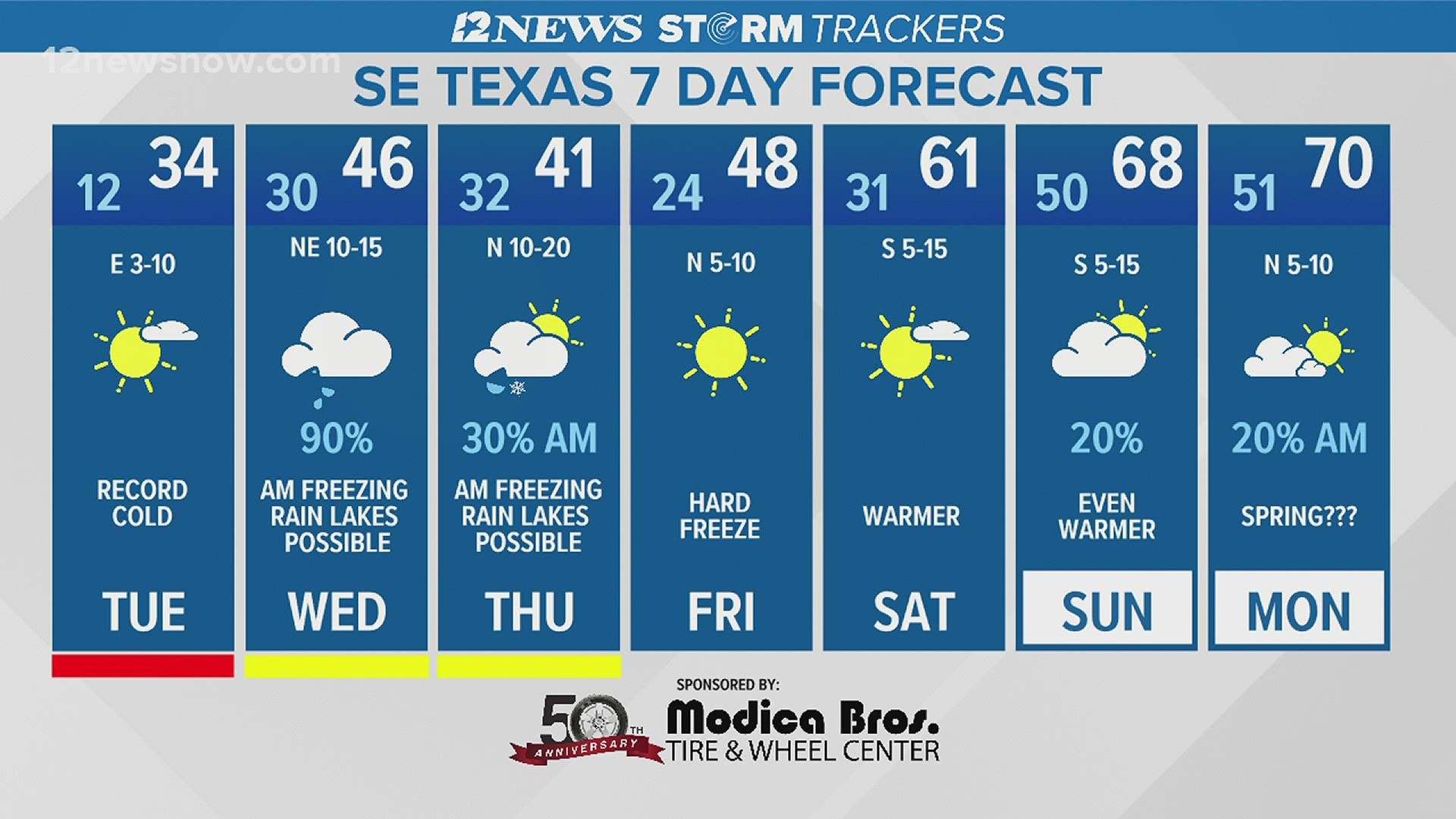Grifman wrote: Tue Feb 16, 2021 11:48 pm
TX disaster is due to multiple issues:
5) There are issues with oil/gas distribution systems freezing up because of the extreme cold
Just to expand a little, even the well heads are down. Especially in OK and Northern/Eastern Texas. When I was in the sector I remember buying and selling at $2-3/mmBTU - I did a rotation through my previous employer's commercial operations function. I bought and sold LNG and coal and even arranged delivery of supply via boats/trains. In any case, I saw prices of $500mm/BTU on the spot market. I was talking to someone and I asked them about delivery because the pipelines are partially down. No one really knows when the pipeline situation will improve. Perversely if pressure is low enough they'll eventually make a decision whether to flare off whatever is in the pipeline but it probably is minimal stock. The temperature might be low enough that this isn't a problem though. When it is warmer and pressure is low you risk the temperature rising and going back to a gas which is no bueno unsafe.
It is unclear how it'd even happen if you bought spot LNG. My former employer has a facility down due to low pressure even though they could operate if they had supply. I also read a story that the big marine terminal in
Houston technically Port Arthur was down to so you can't even get it from ships. That leaves trains pretty much which isn't impossible to wrangle but isn't something that gets ramped up in a day or two. A typical contract with a carrier has a max capacity for a day. Increasing it would be expensive and everyone may be piling in right now to buy space on the trains. Then they'd have to find the right container cars, etc. It's not easy.
7) TX market is very deregulated, which is not necessarily bad. But in TX, companies are not required to maintain a minimal level of power reserves, hence there is no flex in the system, no buffer (because that would "cost more"). I suspect this is one thing that will change going forward.
The problem is a bit bigger than the buffer and offline resources. According to the ERCOT dashboard, they have about a third of current capacity offline at the moment. They have had persistent issues with maintenance on the generation side for years because of the super low price environment and fierce competition. Deregulation isn't necessarily bad but their flavor of it has issues. ERCOT doesn't act as oversight like FERC does almost everywhere in the country. They don't contemplate appropriate maintenance governance, reliability oversight, and I'll say with some confidence...ahem...that the cyber security controls there aren't as robust though that isn't pertinent. Just more of a support argument that Texas needs to rethink their version of grid oversight function. ERCOT sometimes acts more like a marketplace than a utility oversight function.

